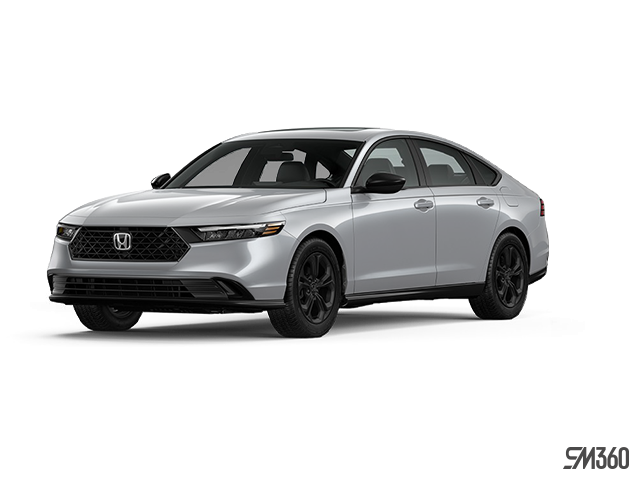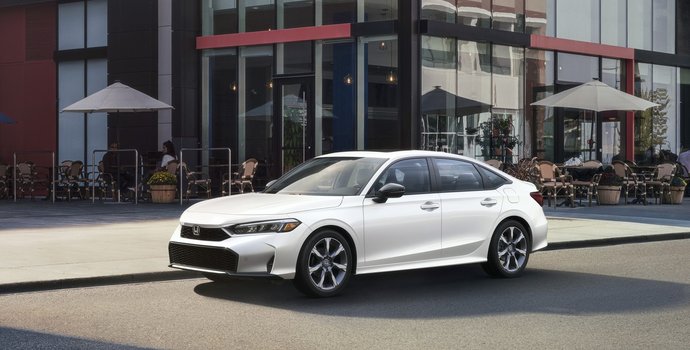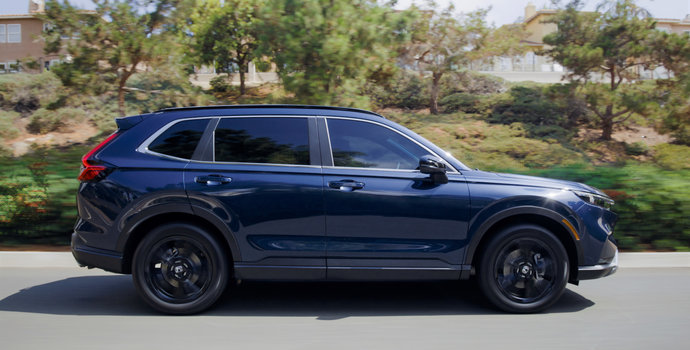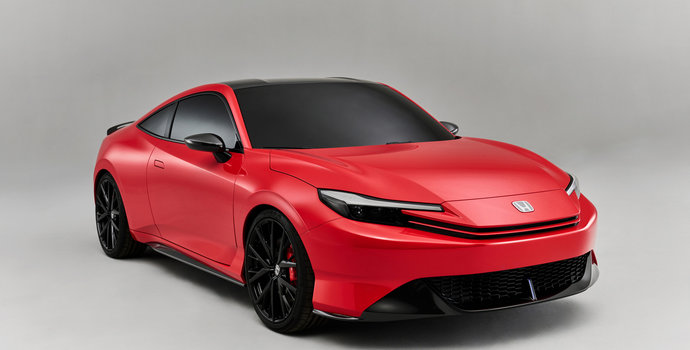Electrification is taking hold across the globe as gasoline prices rise and automakers look to transition to a more renewable source of energy. As they continue to explore new options, there are three main types of electric vehicles currently available--hybrid electric vehicles, plug-in hybrid electric vehicles (PHEVs), and fully electric vehicles (EVs).
In the debate of electric vs hybrid vs plug-in, there are advantages and disadvantages to each option. Thankfully, they all offer excellent fuel economy, and there is a plethora of options from which drivers can choose. Let's look closer at the types of electrified vehicles available and what they provide.
What is an Electric Car, What Technology Does It Use, and What are the Pros and Cons?
An electric car is also known as an electric vehicle (EV) and uses no gasoline or diesel for its engine. Under the hood, it looks completely different than a regular car--you will find plenty of wires and boxes but no place to add oil. Instead, it is powered by an electric motor that is fueled by a large battery pack.
This battery pack requires charging, which occurs via an at-home or on-the-road charging station. At-home stations are either Level 1 or Level 2, while on-the-road charging stations are Level 3 and charge much faster. Charging stations are of vital importance since EVs run solely on electricity, and EVs offer a driving range somewhere between 250 and 500 km depending on the vehicle and how it is driven.
There are many pros to EVs, including cost savings (electricity costs less than gasoline), zero emissions, government incentives and rebates, special driving lanes, and reduced maintenance. As for the downsides, EVs are more expensive to purchase, require charging infrastructure to be added to your home (Level 1 would take too long to fully charge an EV), limited range, longer time to charge on the road than filling up a car with gas, and batteries that are not eco-friendly.
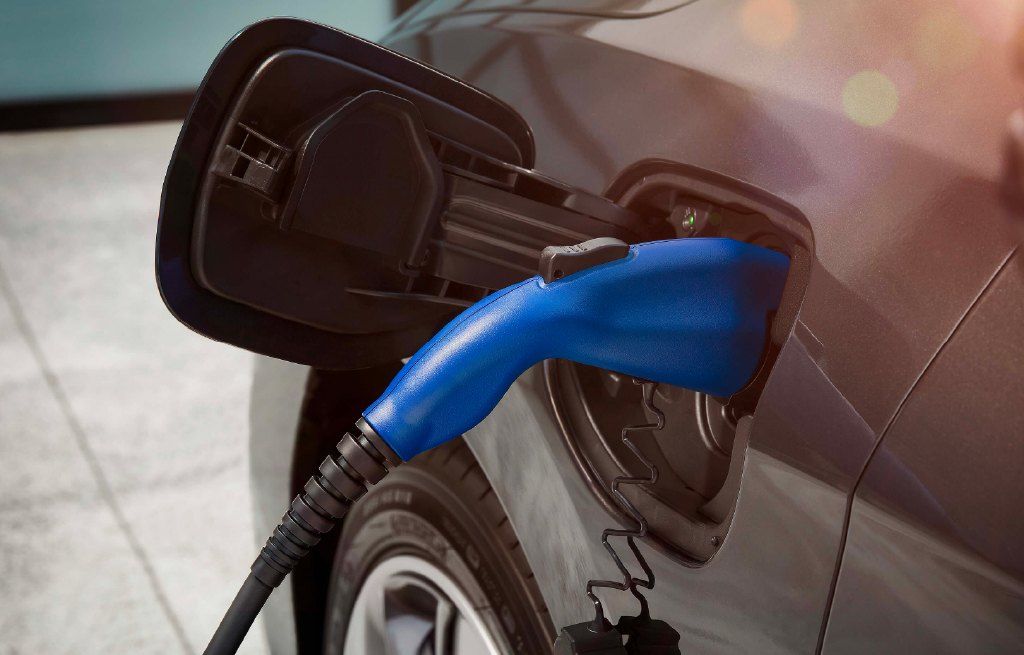
What is a Hybrid Car, What Technology Does It Use, and What are the Pros and Cons?
A hybrid electric vehicle, or hybrid, uses a gasoline engine and an electric motor to improve fuel economy without relying on the need for charging stations. The electric motor acts as a booster, feeding power to the wheels and reducing the work of the gas engine, which in turn boosts fuel economy.
Batteries get charged during coasting and braking thanks to regenerative systems that capture the energy that would otherwise be wasted. There is no plugging in a hybrid vehicle--the electric motor recharges on its own through these systems.
Hybrid vehicles have many advantages, including lower initial cost than EVs and PHEVs, more options from multiple automakers, big fuel economy gains, unlimited range, and no need for charging. As for cons, hybrids have both gas engines and electric motors, making them more complex than full EVs. Hybrids also still have tailpipe emissions, are more expensive than gas cars, and are not the most eco-friendly option available.
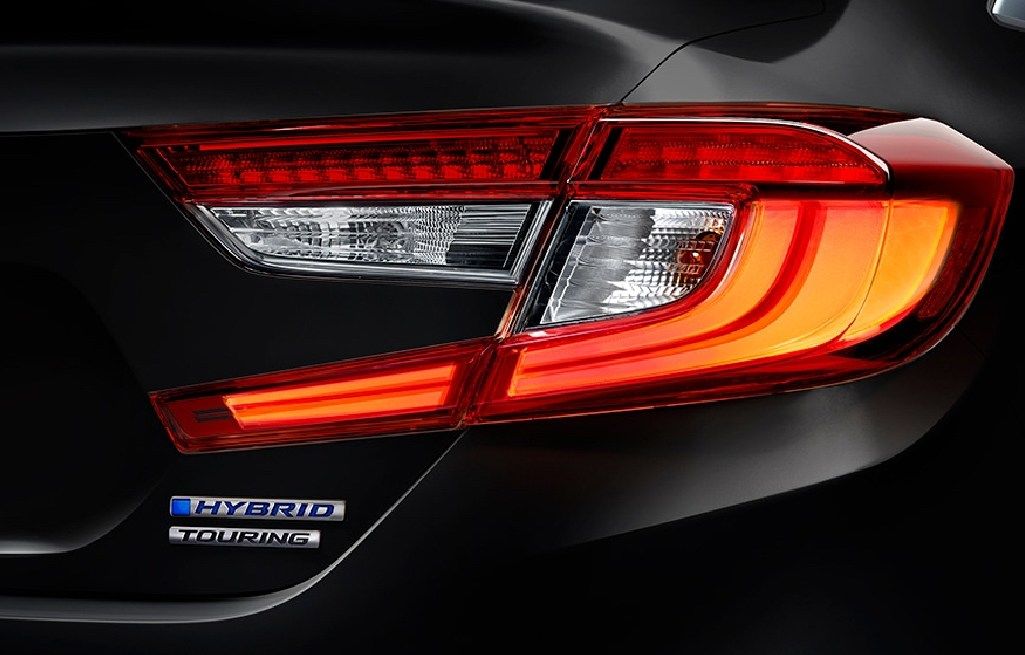
What is a PHEV Car, What Technology Does It Use, and What are the Pros and Cons?
A plug-in hybrid electric vehicle (PHEV) features a larger battery pack than a conventional hybrid, allowing for short-distance drives using electric power only, usually around 40 to 50 km. This larger battery pack does require charging, though it does not take as long as a full EV to charge.
A PHEV is alluring to drivers because it offers a generous amount of emissions-free driving with the comfort of a go-anywhere range because of the gas engine. Besides emissions-free commuting, quick charging, and unlimited range, other pros include the great fuel economy with the combination of pure EV and then hybrid driving.
The disadvantages of a PHEV include more complexity with the engine and large battery pack, limited electric-only range, and lack of choices on the market.
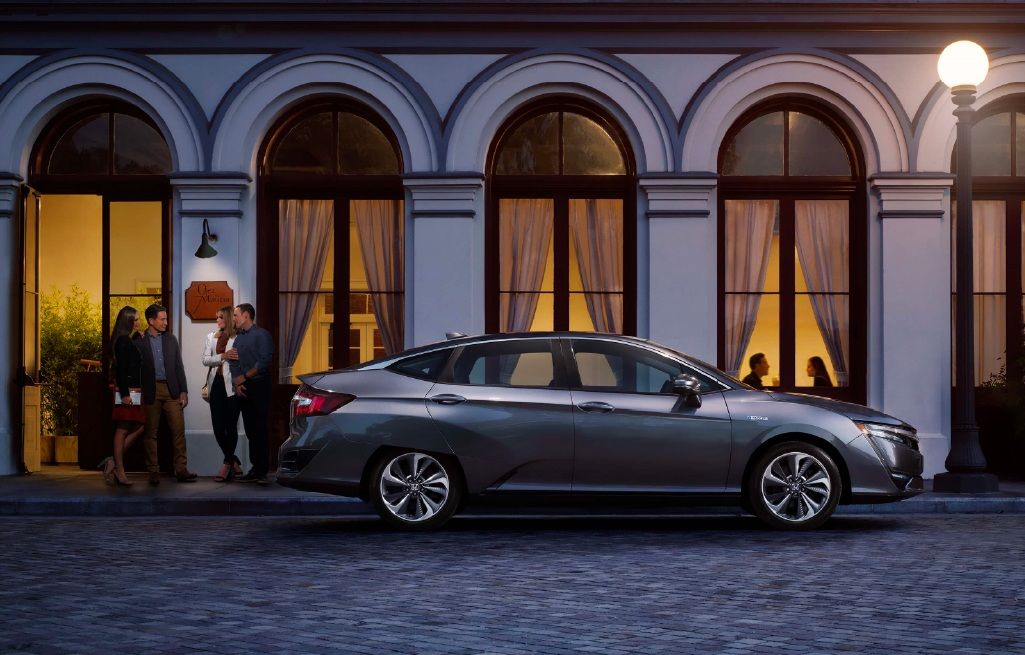
What Are the Costs of Electric vs. Hybrid vs. Plug-In Vehicles?
EVs, PHEVs, and hybrid vehicles are all more expensive than their gas counterparts. However, the initial prices of all three are dependent upon the automakers and the options chosen. The cheapest option will be a hybrid, followed by a PHEV, followed by an EV. However, PHEVs and EVs often qualify for special government and provincial rebates that could take several thousand dollars off the price.
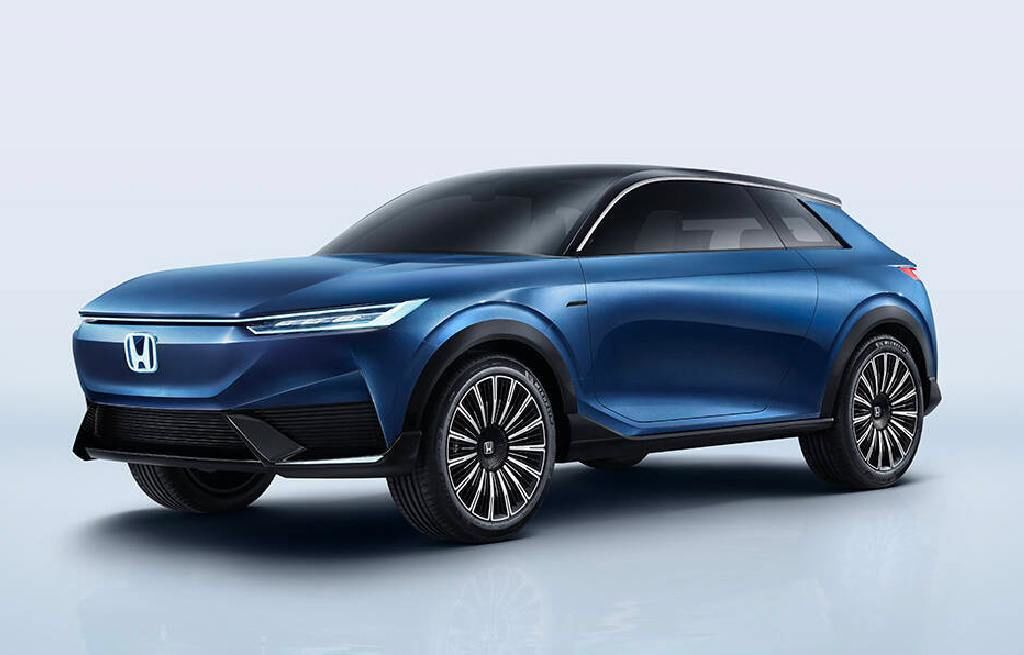
Which One is Right for You?
It is important to thoroughly research all types of electrified vehicles before making a decision on which one is right for you. EVs offer the lowest emissions but also the highest cost and limited range, which is a concern if you do not have charging stations in your area. PHEVs offer fully electric driving for several kilometres with unlimited gas driving range as well, but they have the most complex configuration. Hybrids offer higher fuel economy, lower initial costs, and unlimited range, but they are not the most environmentally conscious option. You must decide what aspects are most important to you.
Contact Goderich Honda to see which electrified vehicle makes the most sense for your life.







